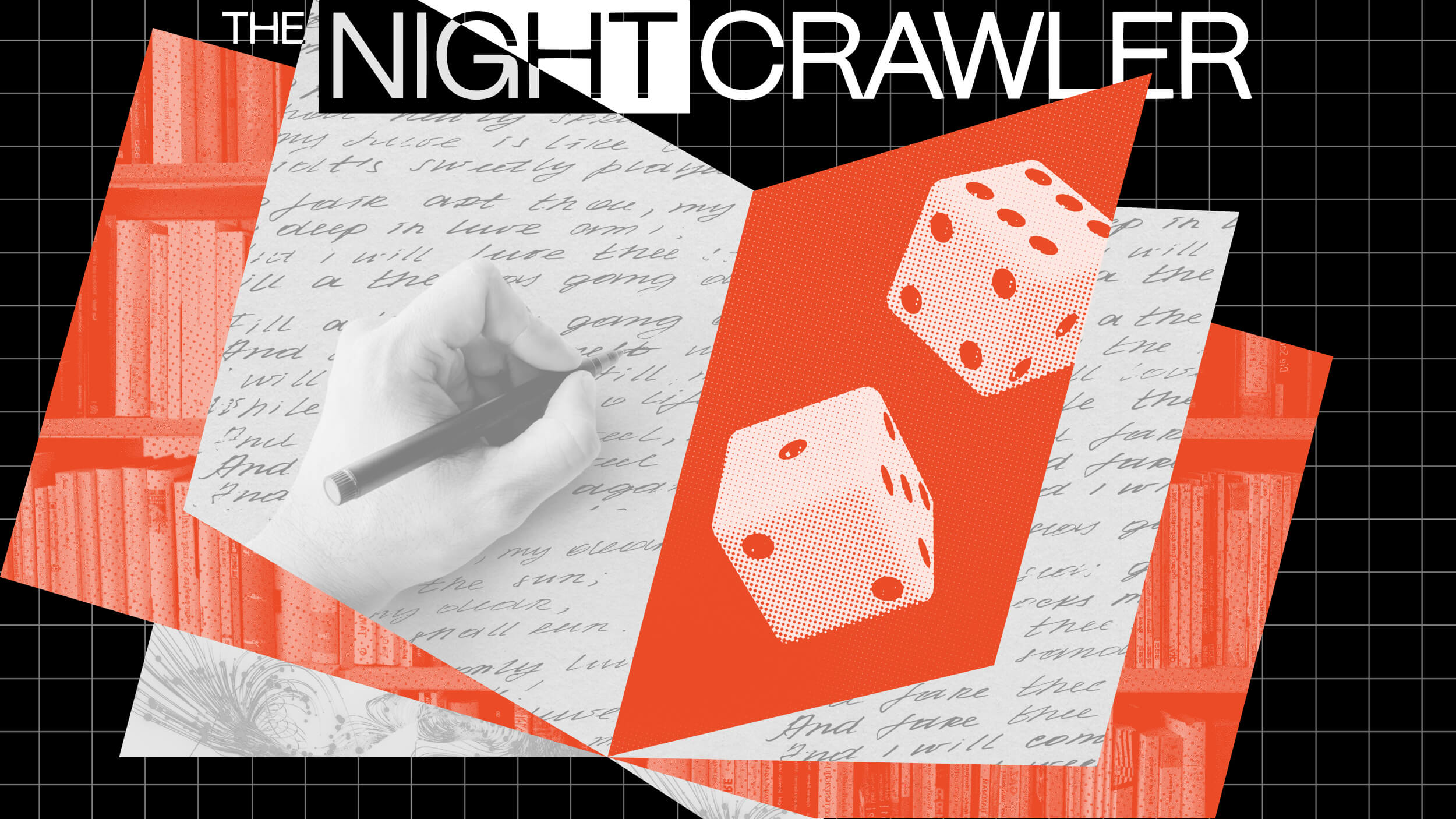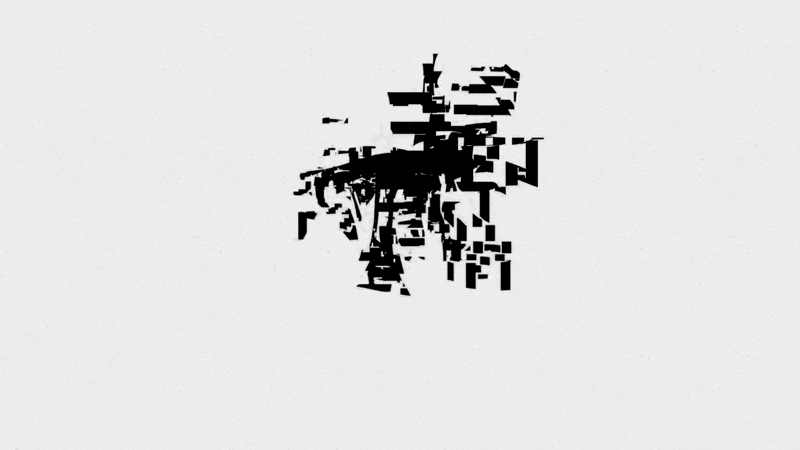Michael Heller is one of America’s leading authorities on property. He is the Lawrence A. Wien Professor of Real Estate Law at Columbia Law School.His new book The Gridlock Economy:[…]
Sign up for Big Think on Substack
The most surprising and impactful new stories delivered to your inbox every week, for free.
Breaking the link between the borrower and the lender by dividing mortgages into bonds led to a serious crisis of investments, according to Michael Heller.
Question: How does gridlock play into the current financial crisis?rnrnHeller: So, once you begin to see the gridlock as everywhere, you begin, you ask about the current crisis is there a gridlock story here? And it turns out the answer is, “Wow! There really is.” The financial crisis today is, in a substantial measure, based on a subprime mortgage crisis, and that subprime mortgage crisis is based on a fundamental shift in America and how it is that we structure the ownership of mortgages. It used to be that you went to a bank and they evaluated you fairly carefully because if they lent you money and you didn’t pay them back, they would lose money, and if you had a problem paying your money, paying the mortgage back, you knew who to call. So, there was a system that was a pretty strong link between the borrower and the lender and it was one that served this country well for generations. But in the recent years, we’ve radically shifted the way mortgages are issued and owned. So, now, mortgages are pooled into pools of thousands, and then those pools are chopped up into bonds and then those bonds are sold to investors all over the world. So now, if you’re a homeowner today, who do you call? Because the link between the borrower and the lender has been broken. We now have too many owners of fractional interest of mortgage, of underlying mortgages, which makes it impossible to renegotiate, to have a conversation when borrowers get into trouble. And when the banks have to foreclose, everybody loses. The borrower loses, for sure. They lose their home. The banks also always lose when they foreclose. There’s much less value there than the loan. So, what we’ve done is we’ve shifted the ownership system, created some value, reduced interest rates to let poor folks with [worse] credit get access to housing markets and that’s great, but, again, there was a hidden gridlock story, one that really hasn’t been in the news but is the causal, is the underlying cause for why we have the meltdown today, which is that once you break up mortgages into these tiny little ownership fractions, mass foreclosure becomes inevitable, became inevitable whenever the market began to do a downturn, and markets always go up and down.
▸
4 min
—
with





